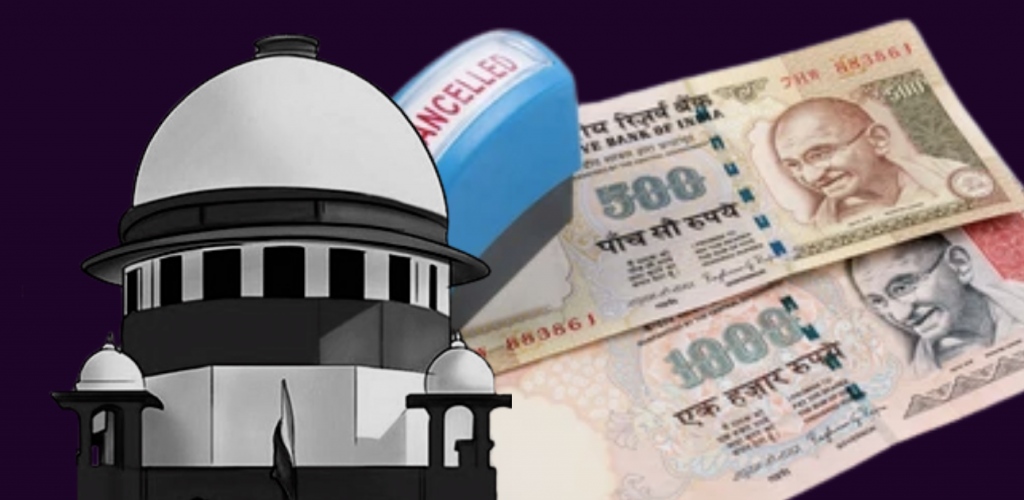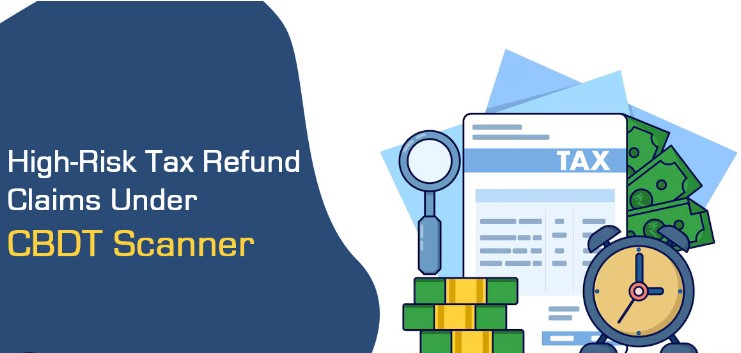
Whether the Black Money Act can be used Retrospectively – Under Supreme Court observation
Published In : EvoBreyta Download
Author : Navneet Singal
Whether the Black Money Act can be used Retrospectively – Under Supreme Court observation
Aug 25, 2024
The Supreme Court has decided to examine the retrospective application of a provision in the Black Money Act, 2015, permitting criminal prosecution for offences before the law was enacted. The SC put on hold a Karnataka High Court ruling that found such retroactivity unconstitutional. Challenging the decision, the tax department told the Supreme Court that the high court failed to appreciate that the provisions of the Act became applicable only when the accused failed to declare the undisclosed foreign asset made or acquired prior to the law taking effect, within the deadline July-September 2015 period notified under section 59 of the Act.
A bench led by Justice Abhay S Oka, while issuing notices to various businessmen, stayed the Karnataka High Court's June judgment that held retrospective applicability of section 72 of the 2015 Act as unconstitutional. The apex court posted the matter for further hearing on September 20.
On June 7, the high court had held that criminal prosecution initiated for acts done prior to the enactment of the law were not valid under Article 20 of the Constitution. The order was pronounced in the case of Dhanashree Ravindra Pandit.
The tax department contended the HC judgment would weaken the Act's effectiveness.
"The interpretation adopted by the HC would substantially defeat the purpose of the Black Money law and would facilitate persons who have stashed black money abroad before the coming into force of the Act, to go completely scot-free and evade all legal consequences," the appeal said.
Effect of the decision
While seeking stay on the high court order, counsel Zoheb Hussain and V Chandrashekhara Bharathi, appearing for the tax department, argued that because of the "erroneous finding" of the high court that the initiation of prosecution against the businessmen falls foul of Article 20 of the Constitution, it would have a cascading effect on other proceedings and ongoing prosecutions under the 2015 Act.
"If this erroneous finding is permitted to hold the field during the pendency of the present case, irreparable loss would be caused to the department as well as the public generally. And if the HC judgment is stayed, proceedings can continue in all cases where undisclosed foreign assets were made or acquired prior to the coming into force of the Black Money Act, 2015 and it shall be open to the parties to raise all contentions before the appropriate court or authority," the department said.
Section 72(c) provides that where any asset has been acquired or made prior to commencement of the Act, and no voluntary declaration in respect of such asset is made, such asset shall be deemed to have been acquired or made in the year in which a notice under section 10 is issued by the tax officer, and the provisions of the Act shall apply accordingly.





